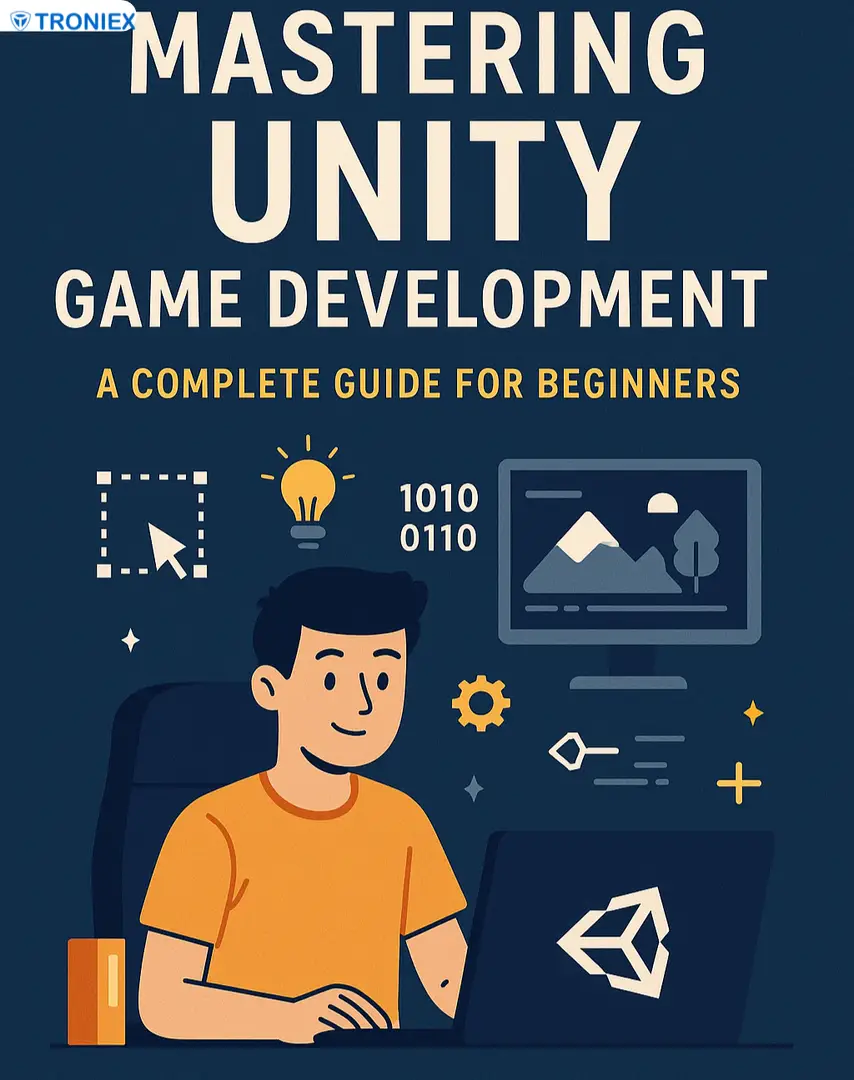

Mastering Unity Game Development: A Complete Guide for Beginners
Game development has never been more accessible, thanks to powerful platforms like Unity. Whether you dream of creating mobile games, 3D simulations, or VR experiences, Unity provides the tools to bring your vision to life. This complete guide will walk beginners through the essential steps to master Unity game development company.
1. Why Choose Unity?
Unity is one of the most popular game engines in the world, powering games like Among Us and Monument Valley. It is free for personal use, supports 2D and 3D development, and is compatible with multiple platforms including PC, mobile, consoles, and VR. Unity’s Asset Store, extensive documentation, and large community make it an excellent choice for beginners.
2. Setting Up Your Development Environment
To get started, download the Unity Hub and install the latest Unity Editor version. You’ll also need Visual Studio or another code editor for scripting. Unity Hub allows you to manage different projects, Unity versions, and templates for 2D or 3D games.
Tip: Beginners should start with a 2D template to understand the basics before moving on to 3D development.
3. Learning the Basics of Unity
Once your setup is ready, familiarize yourself with Unity’s interface:
Scene View – Where you design and visualize your game world.
Game View – How your game looks during play mode.
Hierarchy Panel – Shows all objects in the current scene.
Inspector Panel – Allows you to edit object properties.
Start experimenting by creating a simple scene with GameObjects like cubes, spheres, and lights. This hands-on approach helps you understand Unity’s workflow.
4. Exploring Physics, Animations, and UI
To create engaging games, explore Unity’s Physics Engine for realistic movement, Animator for character motions, and UI System for menus and scoreboards. Unity also offers Particle Systems for effects like explosions and fire.
5. Testing and Building Your Game
Regularly test your game using Play Mode to spot issues early. Once satisfied, you can build your game for multiple platforms with just a few clicks. Unity makes cross-platform development straightforward, allowing your game to reach a wider audience.
6. Keep Learning and Experimenting
Mastering Unity is a journey. Take advantage of Unity Learn, community forums, and YouTube tutorials. Start small, improve with each project, and gradually tackle complex mechanics and polished visuals.
Conclusion:
Unity empowers beginners to become game developers with minimal barriers. By understanding the basics of the interface, scripting, physics, and game-building, you can start creating your own games and bring your creative ideas to life.
Related Posts
© 2025 Invastor. All Rights Reserved

User Comments